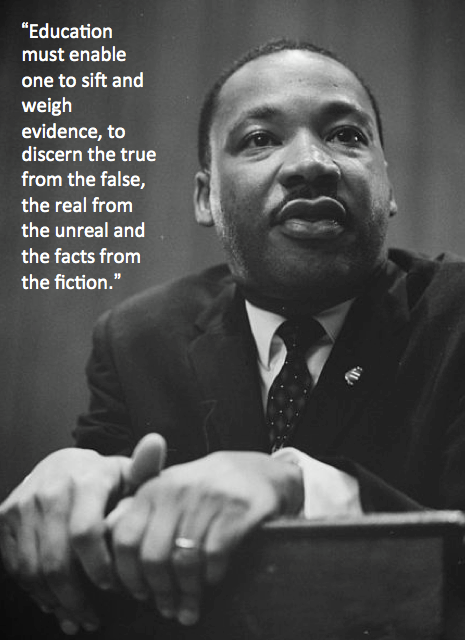The mission of higher education in the United States is commonly understood as encompassing three core functions: education, research, and service. Student affairs can and should play an important part in assuring each of these functions are successfully carried out at the institution.
In our interactions and partnerships with students, staff, faculty, and others, we in student affairs have the opportunity to be teachers and learners in a rich array of formal and informal settings. We play a vital role in assuring that the campus environment, services, and facilities foster student learning. Our work with regard to supporting student learning should be undertaken in active partnership with students and colleagues from academic affairs in ways that assure that learning in and out of the classroom are seamless and synergistic.
The best learning incorporates multicultural perspectives and nurtures intercultural competence. At an institutional level, true multiculturalism cannot develop or flourish without structural diversity, genuine respect and appreciation for unique identities and experiences, open and honest discourse (including critical theoretical perspectives and attention to the counternarrative), and broad-based student, faculty, and administrative leadership (particularly from senior administrators). Student affairs can and should be fully engaged in helping build campuses which foster multicultural learning.
Student affairs must play a role in institutional assessment and research as well as in the broader research and scholarship of practice for our profession. Through active and ongoing assessment and research, student affairs professional can help assure that policies, programs, and services are being offered in ways that are responsive to the needs of students and other constituents and better understand the outcomes (both intended and unintended) of these policies, programs, and services.
With regard to the function of service, student affairs should be involved in several ways. We must be good institutional citizens. Where appropriate, the programs and services we provide or support can and should be open to those outside the university community. We also have the obligation to facilitate, support, and recognize student involvement in community service and the obligation to model community service by becoming actively involved in the broader community beyond the institution. Most importantly, we must be mindful in working to help students be better prepared to live lives of productivity and purpose that we are also serving the communities in which those students will become members.
These are challenging and exciting times in higher education, and student affairs work reflects the complexity of the issues and opportunities that lie ahead. Successfully addressing the issues and fully realizing the potential in the opportunities will require those of us in student affairs to act ethically, serve as effective and responsible stewards of available resources, develop additional resources as needed, challenge ourselves and those around us to achieve excellence, and develop and support environments and opportunities that contribute to that achievement. Throughout, it is of primary importance that we assure students are actively and fully involved in shaping their university experience. In this way, student affairs can fulfill its vital role in advancing the goals articulated in the institutional mission, building more inclusive and purposeful learning communities, and encouraging and supporting student success.
